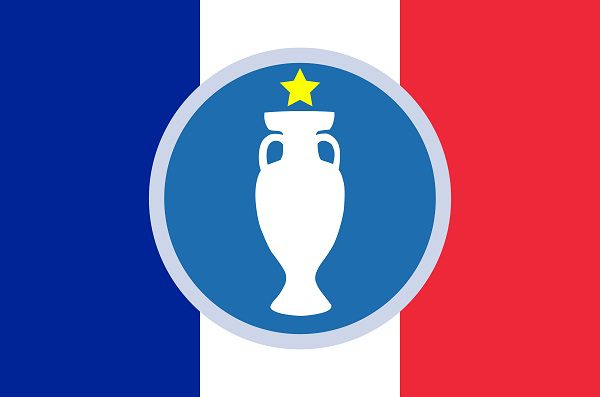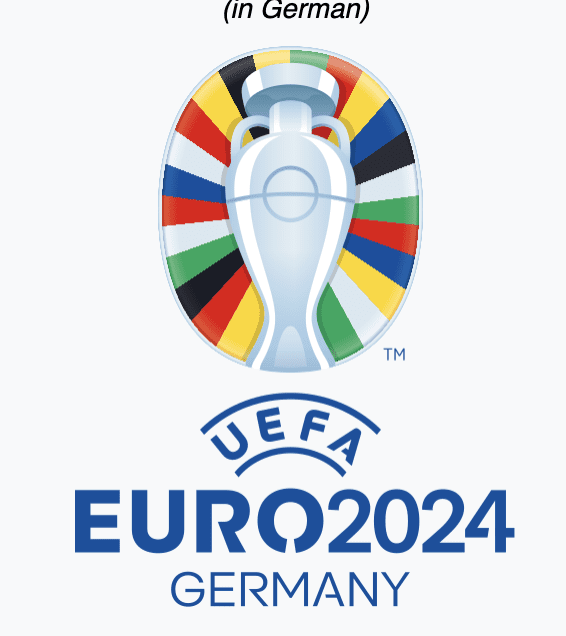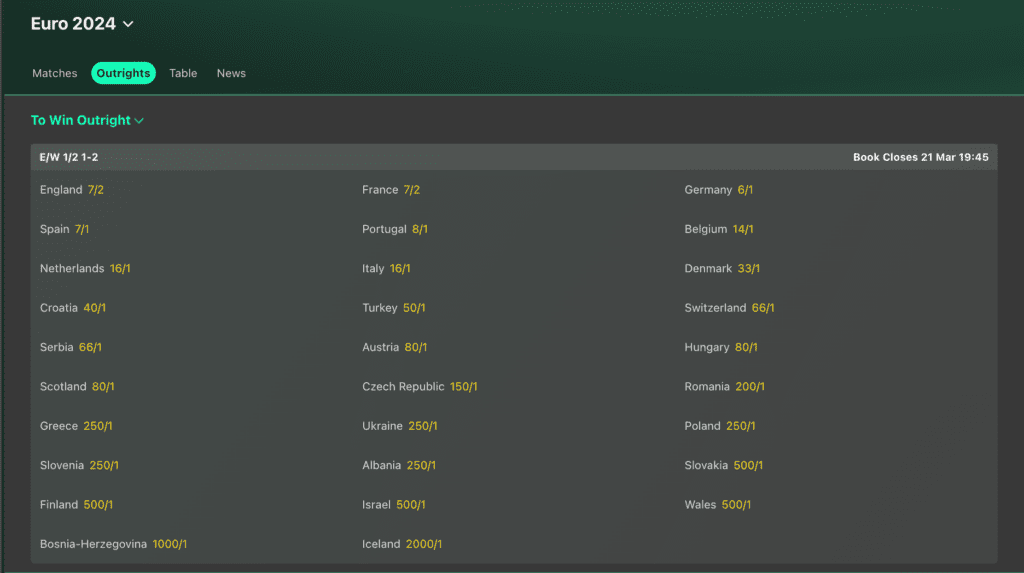

With the 2024 European Championships taking place this summer, now is a good time to take a look back at the unusual history of this continental competition.
Fans from many European nations are currently following their domestic league throughout the early part of 2024. Additionally, they will be equally excited to note that at the end of the season, another huge football tournament will take place.
Yet strange as it may seem, the European Championships was, at one time, viewed as unnecessary. An intrusion into more important football events.
It took the efforts of one man in particular to convince almost all the other European nations otherwise.
Open Account Offer: Bet £10 Get £30 in Free Bets
Min Deposit: £5 – Expiry: 30 days – Min Odds: 1/5 (1.20)
← CLICK TO COPY
It is strange to think that prior to 1960, there was no organised competition for European football nations to compete against each other.
Europe may have been the birthplace of football, but in terms of the international game, it lagged behind other parts of the world for many years.
Outside of the Olympics, the first truly international football tournament was the Copa America. This was first contested back in 1916. However, FIFA, who had overseen the football tournament at the Olympics from the 1900s to 1928, soon decided that it needed a bigger showcase.
The fact the IOC were complaining about professional players playing at the amateur Olympics also expedited the process. So FIFA president Jules Rimet organised the World Cup. This was first contested in 1930 and won by the then Olympic Gold Medal winners, Uruguay.

In 1927, French Football Federation’s Secretary General, Henri Delauney, proposed a European tournament. It would be similar to the Copa America but for European national teams.
However, it took a further 31 years for the tournament to finally be organised.
Even then, just 17 teams from Europe entered the competition. Italy, West Germany, the Netherlands and England all did not bother to compete. Many nations felt that the World Cup, combined with their own regional competitions, such as the Home Nations, more than satisfied the thirst for international football.
Despite this, qualifying began for the first European Championships in 1958. Culminating in 1960 with the first four-team finals that were held in France.
Unfortunately, Henri Delauney never got to see his brainchild come to fruition. He died in 1955 and in his honour, the trophy for the tournament was named after him.
The first tournament in France proved to be a surprising success. For the next tournament in Spain, 29 teams entered the qualifying tournament, although West Germany were again absent. The Finals once again comprised of four teams.
The 1968 European Championships took place in Italy and 31 teams entered, showing the competition was growing in popularity across Europe. It was the first tournament to have a grouped qualifying phase, rather than playoff games. It saw England qualify for the finals for the first time alongside Yugoslavia, the Soviet Union and Italy.
The 1972 tournament, held in Belgium, saw West Germany reach the finals for the first time and win the tournament. Now 32 European teams competed in qualifying and that same number took part in the 1976 qualifiers. The Czech Republic, West Germany, Yugoslavia and the Netherlands qualified for the finals, which was won by Antonin Panenka’s famous penalty kick for the Czech’s against West Germany.
However, the tournament had now grown hugely in popularity and UEFA made the decision to expand the 1980 finals to eight teams.
The 1980 European Championships in Italy saw the Finals extended to eight teams, who played in two groups of four. The two group winners, West Germany and Belgium, contested the final. The Czech Republic and Italy battling it out in the third placed playoff.
The 1984 finals in France also saw an 8-team group stage of two groups, but this time, the top two in each group contested a semi-final. The winners of each semi contesting the final. France won on home soil after a dramatic semi-final win over Portugal and then a 2-0 win over Spain.
The 1988 and 1992 finals were contested with eight teams, but Euro 1996 saw this expanded to 16 teams for the first time. In addition, we would also see Quarter Finals contested. This format remained in place through until the 2016 Finals in France.
Here, 24 teams would compete for the first time in the tournament. The European Championships were also further expanded by the addition of a Round of 16 phase in advance of the quarter finals.
This set up has been confirmed for tournaments through to Euro 2032. These finals will take place in Italy and Turkey. However, there are continuing rumours that the tournament may expand to 32 teams in future years.
What is certain is that the European Championship now is as important an international competition as any. Excluding perhaps the World Cup.
Ten teams from across Europe have won the European Championships since the first tournament in 1960. Only four countries have won the trophy more than once.
England have never won the tournament. Their best finish being runner up to Italy in 2020 and a third placed finish in 1968.


IFancy betting on the European Championships Finals coming up this summer? Then check out what bet365 Sport has to offer!
The site already has extensive Outright Winner betting on the tournament, with England amongst the favourites to win the whole thing next summer.
But that isn’t all though as the site is also offering a range of bets on the individual group winners and you can even bet on which players will be in Gareth Southgate’s England Squad for the tournament next summer.
#AD Bonus Referrer Code is an affiliate of the brands we promote throughout this site. While we strive to maintain accuracy throughout our content, we do receive compensation for this promotion.
© 2025 BonusReferrerCode.com – All Rights Reserved
Worried about your gambling? When the fun stops – STOP!